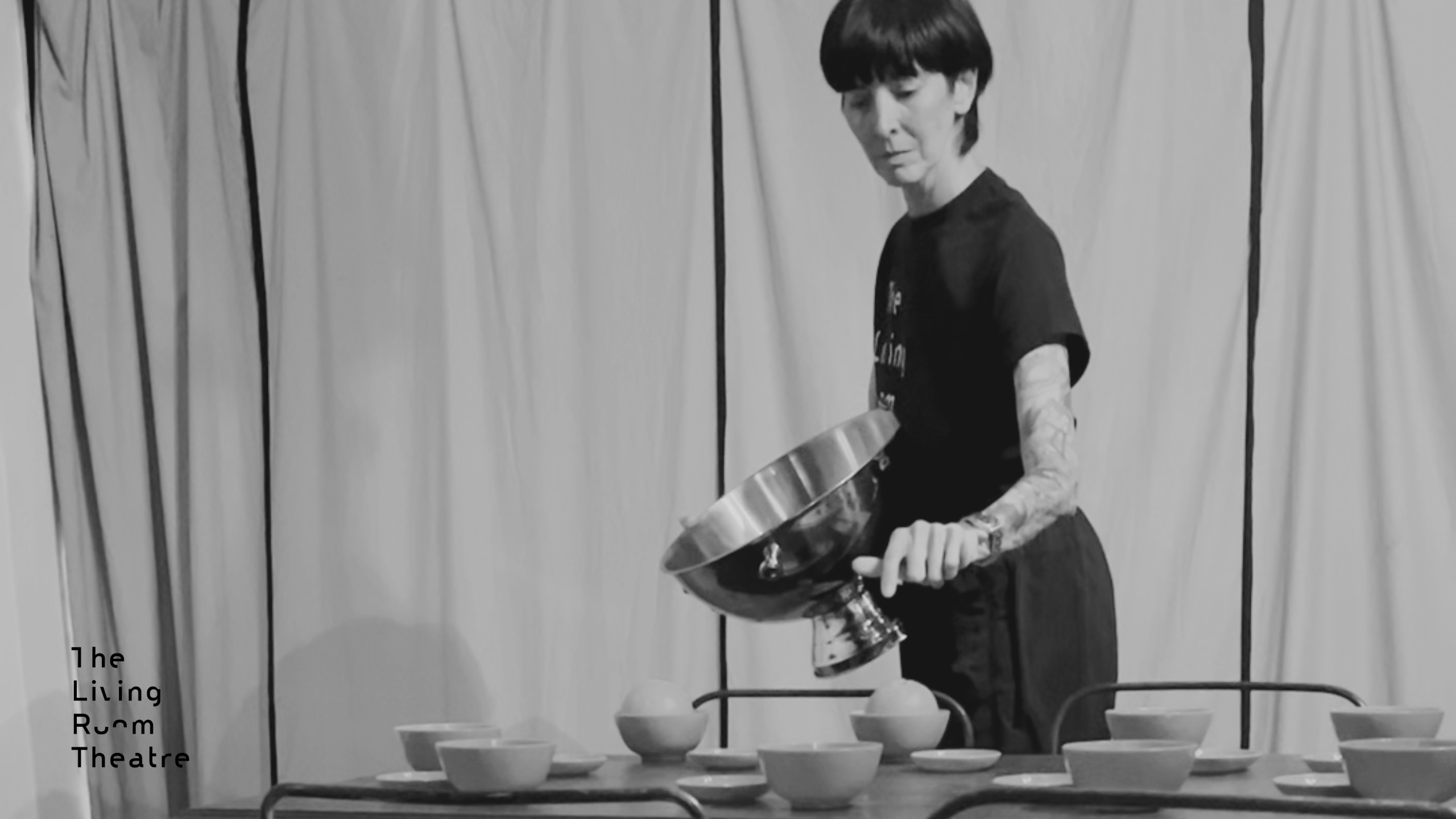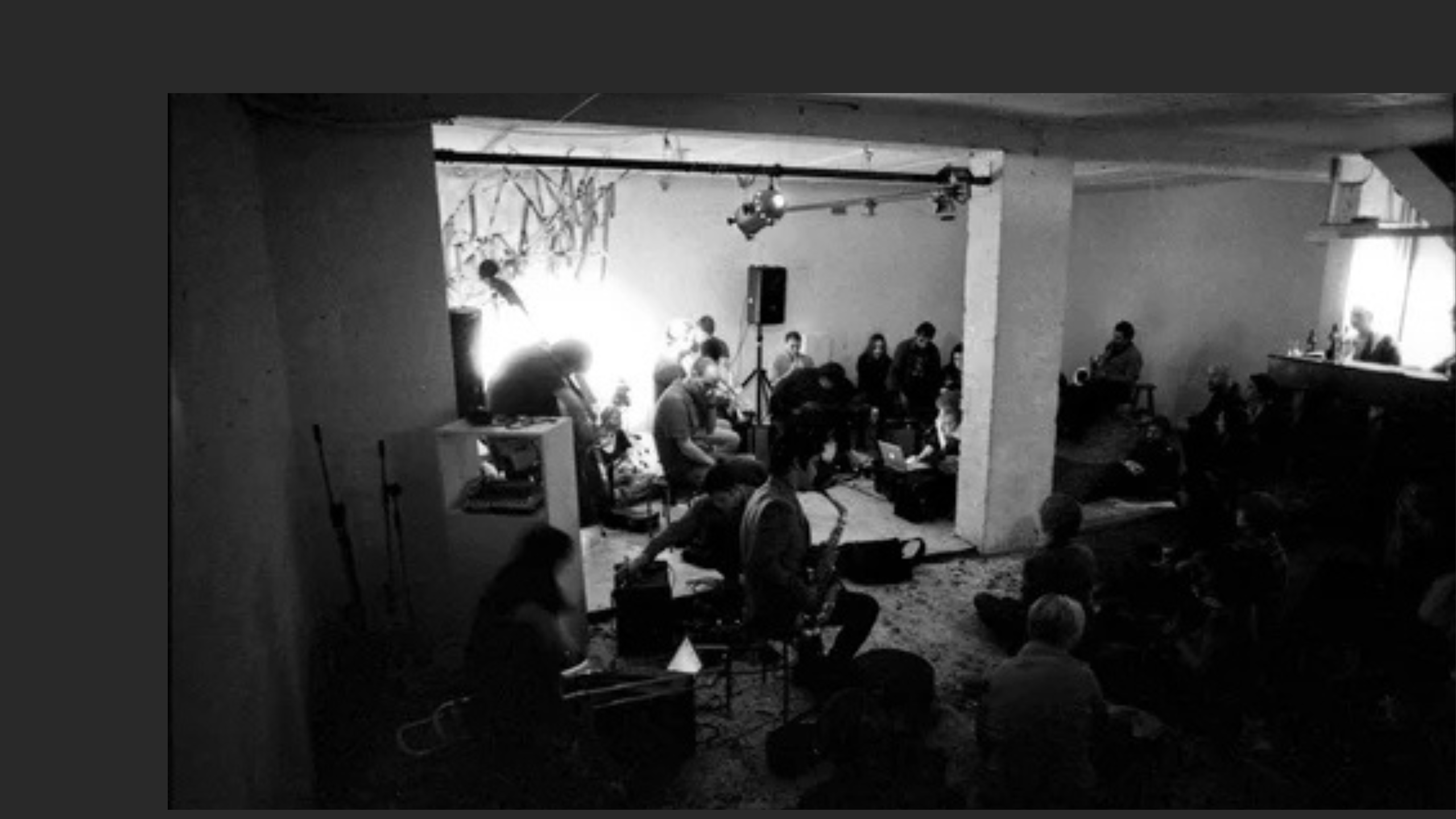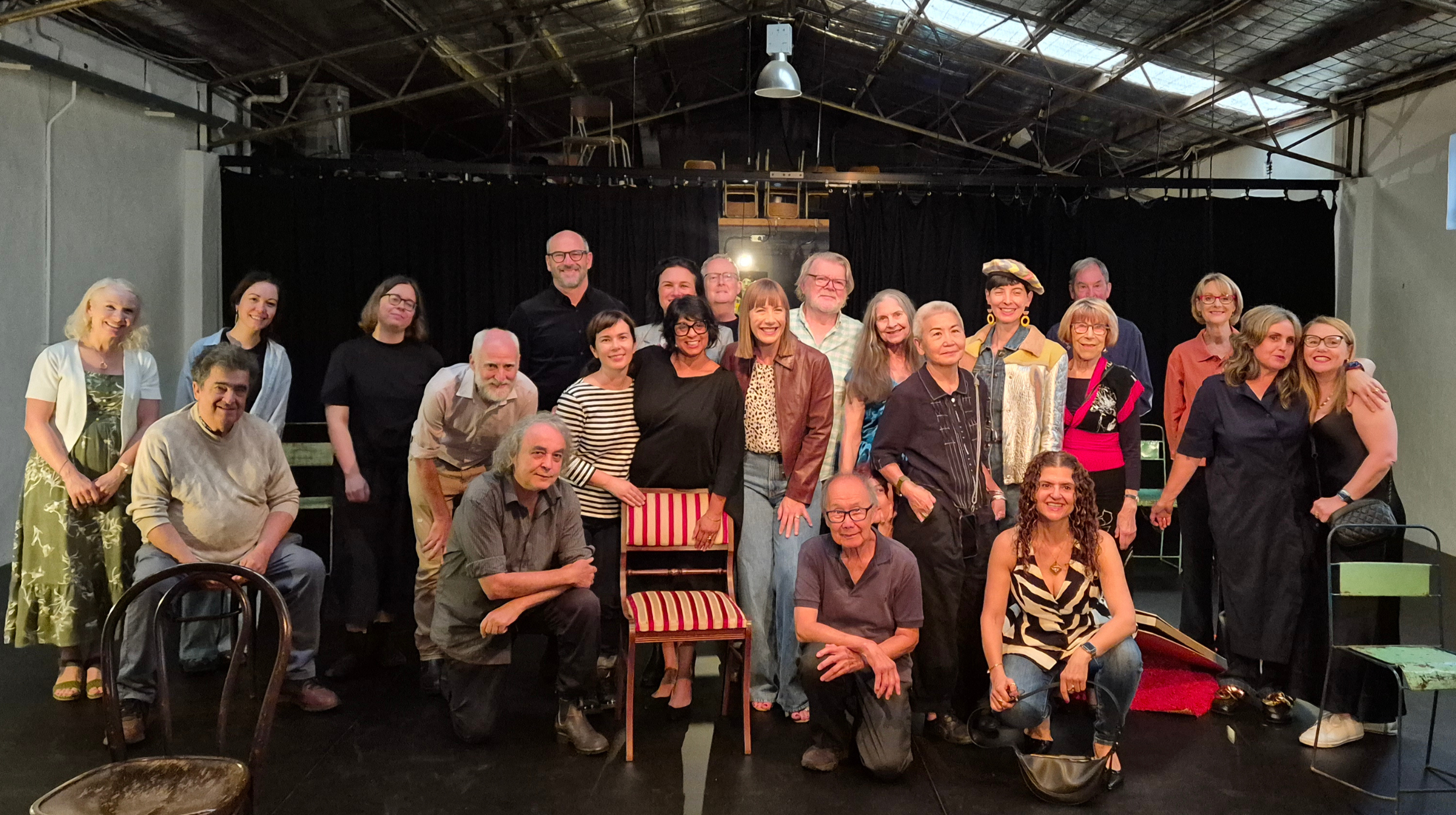
Introducing David Roesner
05.12.2017
Words by
David Roesner, Professor of Theatre Studies at LMU Munich &
Anastasia Mortimer, Content Writer with LRT
Anastasia Mortimer: What is Composed Theatre? How does Composed Theatre differ from multi-disciplinary frameworks?
David Roesner: Composed Theatre is also a multi-disciplinary framework, I would argue. Essentially, it is not so much a genre or style, but an attempt to describe particular ways of making theatre. These can differ from each other significantly, but have in common, that compositional thinking is applied to potentially all elements of the performance: text, gesture, sound, light, space, movement etc. What this also means that traditional hierarchies of the theatre, such as the predominant role of the dramatic text, are called into question if not suspended. As a consequence, Composed Theatre often renders the divide between “the work” and “the performance” problematic. In opera or dramatic theatre, we can usually identify a piece of work that exists independently of it being performed. Shakespeare’ Macbeth, Verdi’s Otello etc. In Composed Theatre the performance often is the work and its authorship often more complex, collaborative and emergent.
AM: What are the challenges for writers, composers and performers when merging musical compositional structures with the theatrical creative process?
DR: A first challenge is to identify what they mean when they say “music” – there are many potential reference points and models. From baroque structure and affect to classical form, from the improvisational freedom and “flow” of jazz to the energy and pulse of rock anything can inspire the compositional structures of a piece. The next challenge is that different media and materials follow different rules: what is a crescendo of costume? What is a counterpoint in text, a rock riff in lighting? Composed Theatre very much means that each creative process needs to identify and rehearse its own compositional rules. Finally, a strong compositional and thus conceptual approach to theatre runs the risk of becoming too cerebral, to “brainy”: intuition, humour, flow etc. should not be banned from the rehearsal room to fit a neat compositional concept.
AM: What are some of the historical and theoretical aspects of Composed Theatre that your research touches on?
DR: What a glimpse into history shows is on the one hand that the notion of the arts being strongly interconnected is as old as theatre itself. It wouldn’t be absurd to call Ancient Greek Theatre composed already. Later, many other influential theatre makers have spoken to questions relating to what Walter Pater called the arts “aspiring to the condition of music”. Goethe led his rehearsals like a conductor, Wagner famously sought to amalgamate the drama, music and movement in a “total work of art” and Schoenberg sought to express himself by “making music with the means of stagecraft”. Theoretically, an important touchstone is Lessing’s famous Laookon essay (1766), in which he argues that poetry and sculpture cannot and should not be compared because their different materialities also result in different modes of reception.
AM: Could you comment on what it means to you, to work with Michelle St Anne – someone creating Composed Theatre works on the other side of the world?
DR: When Matthias Rebstock and I developed the project and later the book on Composed Theatre, we had a quite Eurocentric view: our reference points were practitioners from Germany, France, Greece, Poland, UK etc. Since then, I’ve had a few contacts with practitioners from the US, Asia and even a PhD project from Sydney who in their own ways responded to the notion of Composed Theatre. So I am very curious and excited to see Michelle in action, observe and reflect on her process. Practices like hers – from what I gather so far – add to the breath of examples, the range of aesthetics that Composed Theatre covers and challenge the concept in productive ways. Also – with a slightly different hat on – I am currently working on a new project on theatre music or incidental music, as it is sometimes called. I sense that Michelle uses music a lot and am intrigued to see what role it plays in her rehearsal room and to meet some of her musical collaborators.
AM: How do you think the framework of Composed Theatre lends itself to a performance on climate change & heat vulnerability?
DR: Music is not great at making discursive statements about the world, but it is very suited to capture atmospheres, stir emotions, make us experience time and space in new ways. If a theatre performance about climate change doesn’t want to be a lecture (which would of course also be a legitimate path and recent project by Katie Mitchell or Rimini Protokoll have gone in that direction), then a musical and compositional approach may be particularly suited to facilitate an experience for the audience that allows them to reflect on the complex interplay between climate and the social, on natural disaster and the breakdown of human connection. Like heat, music is invisible and incredibly powerful and translating research and stories about extreme climate into images, movement, spaces and sounds strike me as a potentially very exciting approach.
David Roesner is a Professor of Theatre and Music-Theatre at the LMU Munich. He previously worked at the Universities of Hildesheim, Exeter and Kent and as theatre musician and facilitator. In 2003 he published his first monograph on ‘Theatre as Music’ and later won the Thurnau Award for Music-Theatre Studies for his article “The politics of the polyphony of performance” in 2007. Recent publications include Theatre Noise. The Sound of Performance (with Lynne Kendrick, CSP, 2011), Composed Theatre. Aesthetics, Practices, Processes (with Matthias Rebstock, Intellect, 2012) and his latest monograph Musicality in Theatre. Music as Model, Method and Metaphor in Theatre-Making (Ashgate 2014).
Anastasia Mortimer is the blogger and news post writer for The Living Room Theatre and during the day she is the Knowledge Translation Officer at The Sydney Environment Institute. Anastasia completed Honours in Sociology at the University of Sydney in 2016, and was awarded First-class Honours. Her thesis examined discourse produced by the Western Australian State Government and unequal relations of power between the State Government and Kimberly First Australians in the case of the proposed LNG development on James Price Point.
This article contributes to the research of the Anastasia Project and was originally published by the Sydney Environment Institute at the University of Sydney.


